How To Become a Fantasy Writer: What is Fantasy?

Fantasia, from the ancient Greek Fantasía, is the ability to imagine a whole set of ideas and scenarios, which we know to be unrealistic or even impossible, which can take various forms.
In this post, we will talk about the literary genre that has given so much to humanity, from the Island of the Cyclops in Homer's Odyssey to the planet of Tatooine in Star Wars.
"Fantasy is a big umbrella of storytelling. It's anything that is impossible that we pretend is possible!"
- Brandon Sanderson
In the 2nd century AD, Lucian of Samosata, wrote "A True History", which tells the story of a war between the armies of the Moon and the Sun, for the planet Venus. (Believe me, this is not a spoiler)
If you want to know the full story, summarized in about 20 minutes, I highly recommend this video.

Over the past 100 years, there has been an increasing acceptance of fantasy as an integral part of readers' literary choices around the globe. Worldwide hits such as "The Lord of the Rings", "Game of Thrones" or "Harry Potter" have created huge fan groups in the fantasy niche.
But is it really a niche or can we assume that all fiction is fantasy?
Well, opinions tend to both sides of the spectrum. On one side we have those who think that fantasy is for children and that "War and Peace" is the best ever. On the other, the "self-styled" schizophrenics who think we live in a computer simulation and everything is invented to deceive us. The rest of us appreciate the good stories that exist between the two ends.
In my humble opinion, before we go through the numerous branches that are its sub-genres, I think that almost all Fiction is divided into Fantastic and Non-Fantastic. In the same interview as the previous quote, Brandon Sanderson says:
"Anything you can write in any other genre, you can put in fantasy. Plus... you can have dragons."
Don't believe me nor Brandon? Here is a list of examples...
Sub-Genres
(Tip: Learn to like and analyze the cover art. It will come in handy later.)
Romance
Love is beautiful! We all agree. Add time travel and love becomes timeless.

Action - Adventure
Finding a treasure? Pfff... How about stealing it from Smaug, Chiefest and Greatest of Calamities?

Thriller
Your heart will race with both of them. It's up to you whether you want a Nord or a demonic clown chasing you.
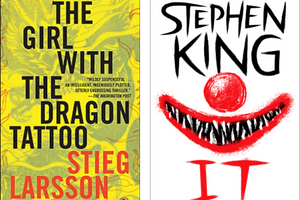
Young Adult (YA)
This sub-genre is a whole world on its own. If you are in your teens/early adulthood you can choose between the perks of being a wall flower or a disco ball.
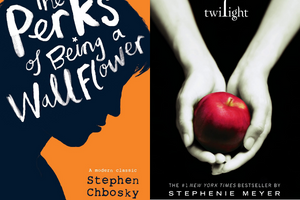
Horror
Both Dr. Hannibal Lecter and the "Dull Boy" Jack Torrance are psychopaths. The only difference is the hotel they are staying in.
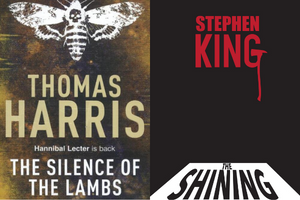
Historical
Who said that a book about the events of important wars and the people involved in them also had to kill people (out of boredom)? In the first book of her trilogy, R.F. Kuang killed fewer people, for sure...
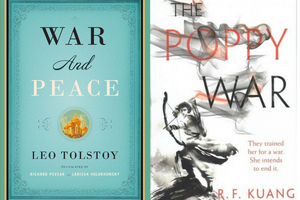
Contemporary
Both take place in our world. Both have people who disappear.
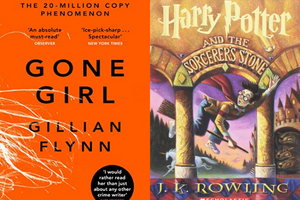
Exceptions
Among the best-known sub-genres, the exception is Science Fiction, aka Sci-Fi, and Fairy Tales, as both are exclusively fantastic in their essence, at least for now. I hope one day I can teleport myself to Japan, in the blink of an eye. On that day, I shall move Sci-Fi to the list above.
Last, I would like to mention that the books I chose to place in each category were the ones that seemed most appropriate, in order to explain my point. Just as fantasy itself can fit into any literary genre, books can also be classified differently, assuming different natures. The only constant is whether or not you have Fantasy, and that's fantastic! Or not...
(Oh My God, I can't stop!)

